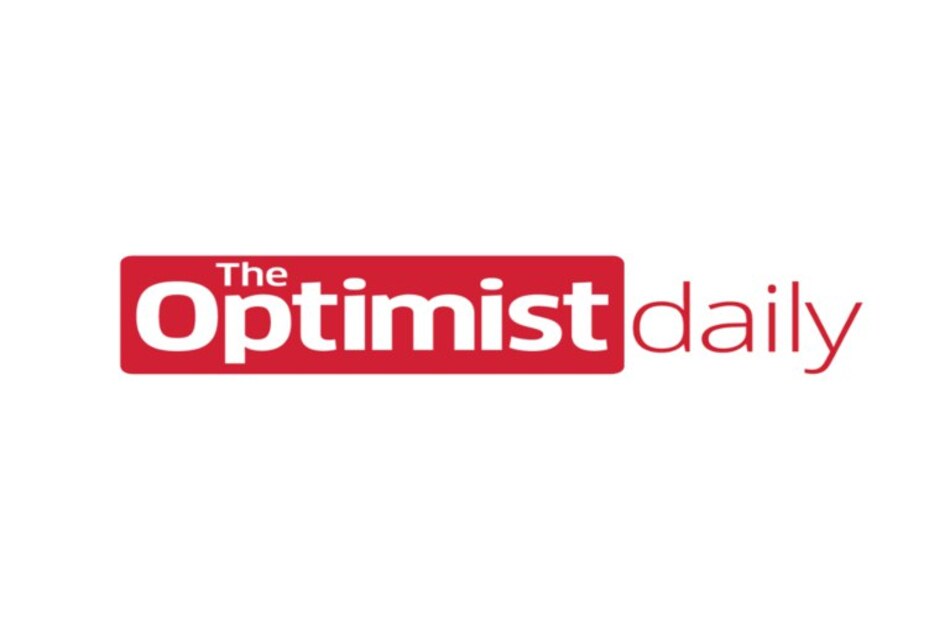The University of Alaska Fairbanks (UAF) has launched a new program aimed at bridging the gap between Indigenous knowledge and Western science. Part of the UAF’s College of Fisheries and Ocean Sciences, the program offers fellowships to Indigenous graduate students with the goal of researching and governing fisheries from an Indigenous perspective.
The program is called Tamamta, which is a Yup’ik and Sugpiaq word meaning “all of us” or “we.” Tamamta is overseen by professor Courtney Carothers who describes its focus to Alaska Public Media as “recognizing that Indigenous knowledge systems are diverse, but equally valid and they’re based on different worldviews and values and norms and assumptions.”
The nine fellows, from across the US, have a variety of conservation focus areas. Ts’msyen, Lingít, Haida, and Athabascan student Tazia Wagner works in the Metlakatla Indian Community, which manages the largest tribal fishery in the US, and her research focuses on how Western management at the state level and the federal level has negatively impacted Alaska Native communities. Elizabeth Mik’aq Lindley is a Yup’ik student studying how Indigenous ways of understanding fishery systems impacts salmon populations in the Arctic.
Much of the program’s research work emphasizes how Indigenous knowledge can improve conservation efforts. For example, while most Department of Fish and Wildlife programs focus on counting and documenting fish or balancing populations for economic uses, Indigenous perspectives put far more emphasis on balance and reciprocity with natural systems.
Although the program is still in its infancy, Carothers says, “This work is also standing on the shoulders of many others who’ve been trying to promote similar changes for decades and longer.”
We will continue to follow this program and offer updates on the fellows’ work. If you want to learn more, you can read about the work of each of the fellows on the Tamamta website.











